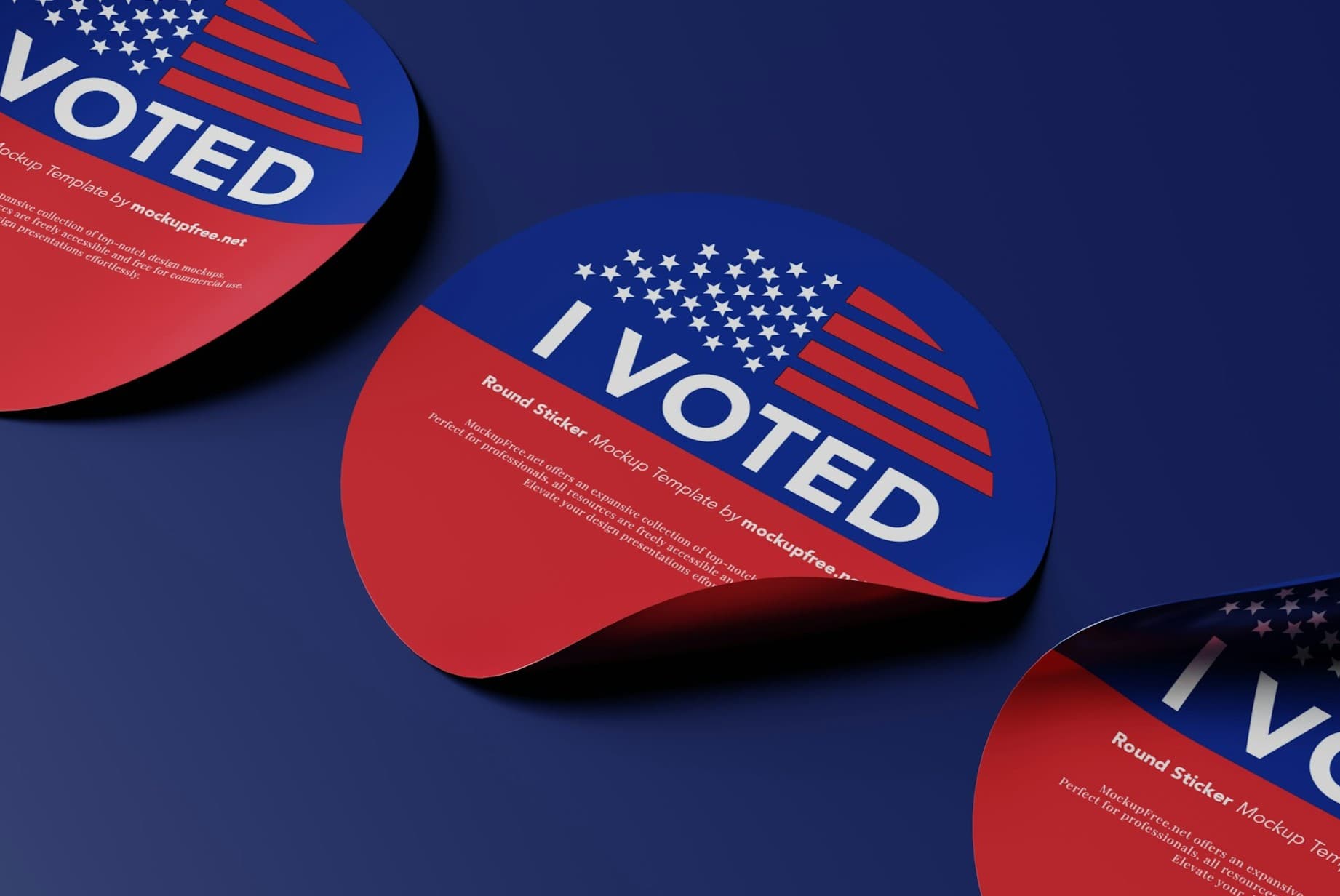Louisiana Voters Are Not Happy About the State's Move to Closed Primaries

Closed primaries are coming to Louisiana in 2026, but a new poll shows that state voters across the political spectrum overwhelmingly favor open primaries where any voter can vote for any candidate running for office.
This is the system currently in place in Louisiana. The state does not conduct primary elections as most states think of them but holds a single election at or around the time of a standard general election.
All voters and candidates participate on a single ballot. Candidates that receive at least 50%+1 of the vote win the election outright. If no candidate receives a majority, then a runoff election between the top two candidates is scheduled.
Under a traditional partisan primary system, publicly funded and administered primary elections serve the private interest of the Republican and Democratic Parties by picking their nominees for the general election.
A nonpartisan election model serves a public interest. It is not about selecting party nominees at the expense of taxpayers, but electing candidates, regardless of party.
Louisiana uses a different nonpartisan election model than the Top Two system in California or the Top Four system in Alaska, which narrow the field of candidates ahead of the general election.
That being said, all nonpartisan election systems share a common principle: All voters and all candidates are treated equally.
However, in January 2024, the Louisiana Legislature -- at the behest of Governor Jeff Landry -- fast-tracked a bill that established closed partisan primaries for critical elections in the state.
The bill, HB 17, requires voters to register with one of the two major political parties in order to vote in the first stage of the taxpayer-funded elections process for Congress, state supreme court, and school board elections.
Landry wanted a bill that ended nonpartisan elections in all cases, but didn't get it. Now, the state will use a mixed primary system where a third of state voters registered independent will have access to some primaries, but not all.
And voters aren't happy.
JMC Analytics conducted a poll that found that more than 70% of Louisiana voters favor the current system. This means not only the independent voters who will be left out int he cold, but many Democrats and Republicans as well.
"[A] solid majority are against changes to the system which of course is what the legislature opened the door on last year," said JMC Analytics Founder John Couvillon.
"And the unpopularity of changes grows stronger when you’re going from what the legislature just did to thoughts about changing to putting statewide elected officials under a closed primary to putting everybody under a closed primary.”
States with mixed primary systems tend to confuse voters. After all, they have to navigate a ballot where their right to vote is unconditional in some races but then conditioned on party membership in others.
To make matters worse, many voters are not even aware of the change. While conducting its poll, JMC Analytics found that only a third of respondents (34%) were aware the legislature changed primary election law.
It is worth noting that Louisiana briefly moved to partisan primaries for Congress in 2008. However, public outrage and confusion caused lawmakers to go back to nonpartisan elections after two election cycles.
 Shawn Griffiths
Shawn Griffiths






